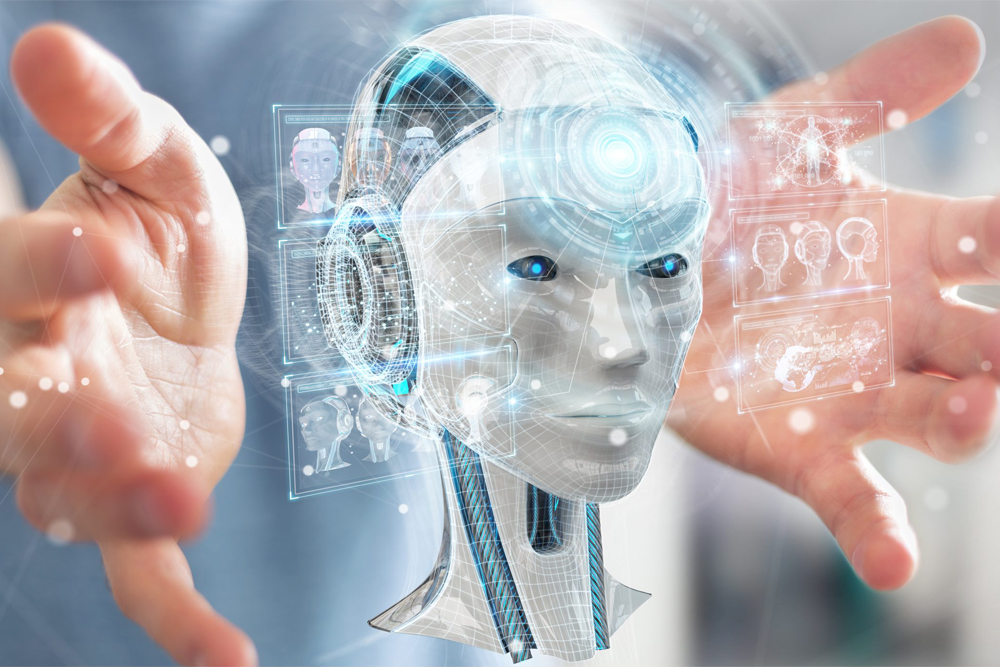More than 500 years ago, Luca Pacioli, often called ‘the father of accounting’, was the first to publish a detailed description on the double-entry system, thus enabling others to study and use it.
The mid-1800s brought about the first mechanical calculator. In the 1970s the ‘visible calculator’ was the first spreadsheet computer program. And for the past decade, cloud computing has allowed accountants to work and do business online.
AI introduced us to an Era of Intelligent Accounting, providing greater efficiency and accuracy, enabling accounting firms to work remotely and scale our teams.
What do Al and ML have to do with Accounting? Well, everything …
The future is not what it used to be. Courtesy Amazon’s Alexa, Facebook, Uber, Netflix, face and voice recognition and hundreds of apps, AI made itself at home in our offices, homes, motorcars and pockets long ago.
Companies have been using AI to improve end-user experience and employee productivity without thinking about it twice. Healthcare brands have been using Artificial Intelligence and Machine Learning to predict which drugs may treat Covid-19; e-commerce giants use chatbots to engage with customers; banks use ML to analyse data to figure out what charges should be classified as fraudulent. Companies from all walks of life are using AI while you’re reading this article.
Transaction processing as we know it – whether bank transactions, expense transactions, invoices, payroll, accruals, adjustments and more – will be automated in one way or another, and the accounting industry will follow suit.
Should Accounting Firms Use AI?
Today’s world is more competitive than ever before and when it comes to ‘what’s our competitive advantage’ the accounting world is no different than many other industries. While clients have 24/7/365 expectations, no accounting brand has accountants working around the clock. And when the client has questions at 2a.m. he’ll seek out answers online. Simple as that.
From Sporadic to Continuous Accounting
Invoices today are still touched by humans in a series of manual steps. Retrieved from an inbox; data gets keyed in; costs are assessed and categorized to the appropriate general ledger accounts; reviewed by a senior before joining the approval queue; for a ‘someone else’ to decide when to execute payment.
AI applications automate manual processes, constantly learns and grows smarter over time and eventually becomes self-sufficient. Once ‘trained’, the AI automatically makes accounting decisions to a point in time where there’s little or no need for human oversight.
When AI is up and running on its own, accounting firms will reach a state of continuous accounting, where it can process transactions from anywhere in the world, any time of day, without human error.
Increasing Accounting Intelligence
AI allows us to concentrate on clients’ business rather than tasks, to advise and provide a broader set of services. Courtesy new accounting superpowers, clients’ businesses can run better, grow faster, and become more profitable. The Good News? One day all businesses will be run this way…

